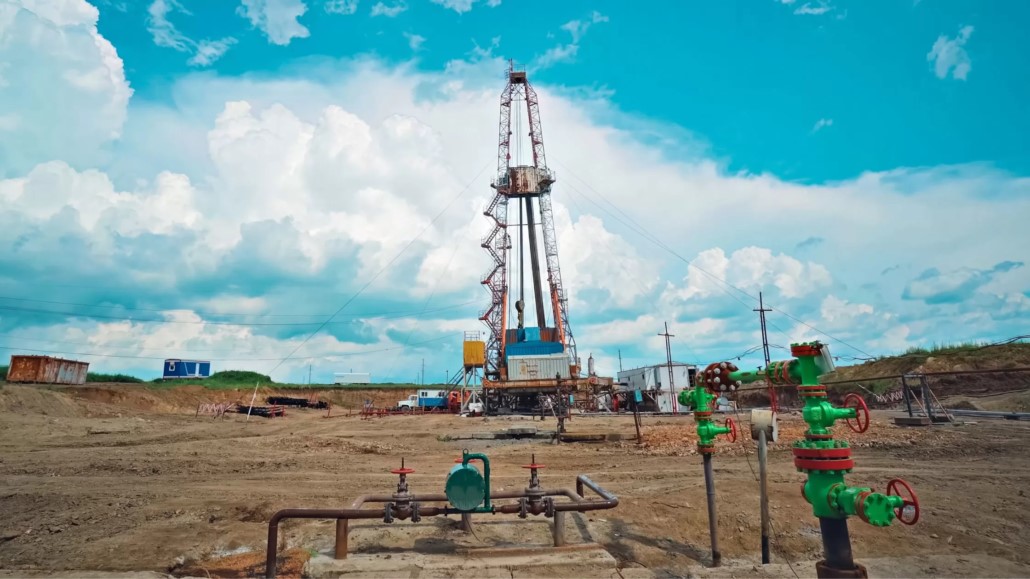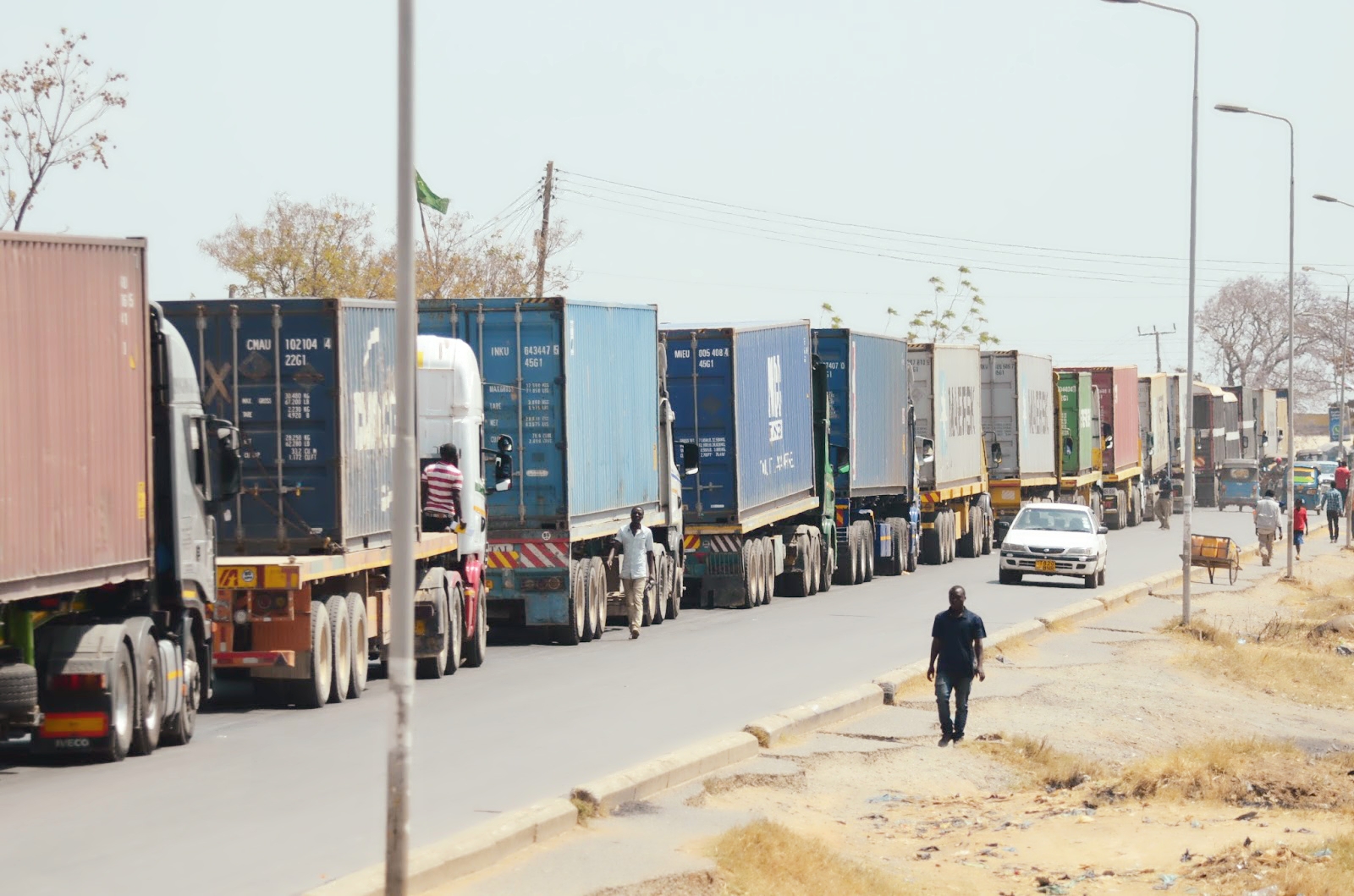Experts: Bank on tech for sustainable East Africa's oil, gas exploration

Vice President Philip Mpango listens to Puma Energy Tanzania CEO Fatma Abdallah when he visited the firm’s booth at the 11th East African Petroleum Conference and Exhibition in Dar es Salaam. PHOTO | VPO
What you need to know:
- The participants argued that environmental, health, safety, and social risks should be at the forefront of oil and gas operations due to the potential for large-scale environmental damage, worker injuries, community disruptions, and adverse public perceptions.
Dar es Salaam. Experts and researchers from East Africa have highlighted how the region can tap into and sustain its oil and gas economy while protecting the environment and addressing the associated health, safety, and social impacts.
The East African Petroleum Conference and Exhibitions(EAPCE'25) brought together over 1,000 key players from the oil and gas industry, where they emphasised the need to prioritise environmental concerns to safeguard the future of the sector.
The participants argued that environmental, health, safety, and social risks should be at the forefront of oil and gas operations due to the potential for large-scale environmental damage, worker injuries, community disruptions, and adverse public perceptions.
These challenges, they pointed out, could lead to legal issues, reputational harm, and ultimately affect the long-term sustainability of oil and gas businesses.
Tanzania Petroleum Development Corporation (TPDC) head of risk management Renatus Nyanda emphasised the importance of not just economic investments but also considering the management of environmental impacts.
“Managing revenues generated from oil and gas projects must prioritise environmental management, and research can play a significant role in achieving this goal,” he said.
This reflects the growing acknowledgment of the role that research and technological innovation must play in mitigating the environmental risks tied to the sector.
At the three-day conference, which ends today with a collective set of resolutions, East African Community (EAC) member states were urged to develop strategies that balance economic development with sustainability.
As one of the world’s most resource-rich regions, East Africa is in a unique position to transform its economies.
However, the growing challenges posed by climate change require solutions that can maintain this transformation without causing environmental degradation.
Vice President Philip Mpango also reiterated the importance of responsible energy resource investments that balance development with sustainability.
His message, along with contributions from regional leaders and experts, stressed the need for collaboration in responsibly exploring petroleum resources to ensure long-term prosperity for the region.
In his presentation on the effectiveness of environmental impact assessments (EIA) for petroleum land seismic surveys in Tanzania, TPDC senior geophysicist Faustin Kayombo shared findings from surveys conducted in Kilombero, Mtwara and Ruvu.
He praised Tanzania’s EIA processes but noted significant challenges such as political interference during the implementation of mitigation measures.
“There is political interference during the implementation of mitigation measures,” Mr Kayombo said, highlighting the need for better monitoring of EIA plans.
“Improving the implementation and public engagement in the process is key,” he added, calling for more involvement from the private sector in seismic surveys.
In line with innovative environmental protection technologies, GASCO Tanzania environmental management officer Nachael Mwanga introduced a cutting-edge solution for wastewater treatment.
He discussed how micro and nanobubble technologies can be used to treat industrial wastewater. “By using smaller nanobubbles rather than larger ones, we can achieve better environmental outcomes,” Mwanga explained.
Mr Mwanga emphasised that this technology, which does not require chemicals, could significantly improve water quality and reduce environmental impact.
“This new technology offers a high cleaning efficiency, and with further research, East African countries can quickly see positive results.”
In another presentation, a senior petroleum engineer from Uganda’s Ministry of Energy and Mineral Development, Mr Winston Mugumya, highlighted the importance of responsible drilling in environmentally sensitive areas.
He spoke about the successful use of Extended Well Reach (EWR) drilling technology in Uganda, which has allowed exploration of oil and gas reserves in challenging environments.
“These applications have yielded positive results, and I encourage governments to adopt such technologies in their drilling systems, especially in resource-rich areas like the Rift Valley,” Mr Mugumya said.
The technologies discussed at the conference represent a promising future for East Africa’s oil and gas industry.
The adoption of new methods like micro and nanobubbles for wastewater treatment, combined with responsible drilling practices, could be key to protecting the region’s environment while continuing to benefit from its vast energy resources.
As Mr Nyanda put it, “Research can play a significant role in ensuring that environmental protection goes hand-in-hand with economic development.”
Ultimately, the region's oil and gas industry must embrace a sustainable approach that uses advanced technologies to mitigate environmental harm.
For East Africa to maximize its energy potential while safeguarding its ecosystems, it will require continuous investment in research and technology, as well as stronger enforcement of environmental regulations.





